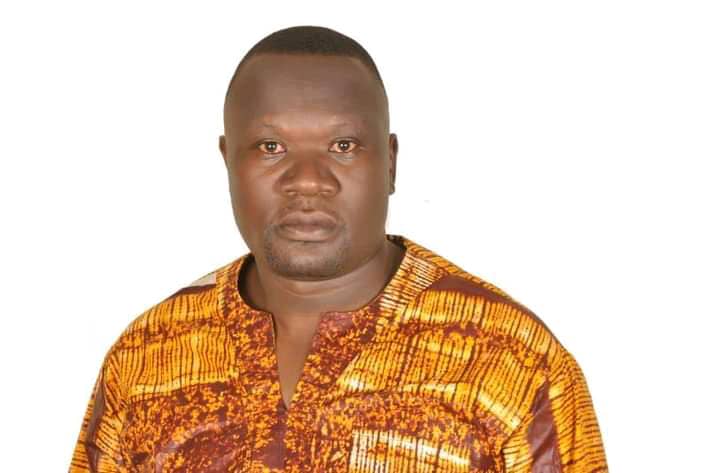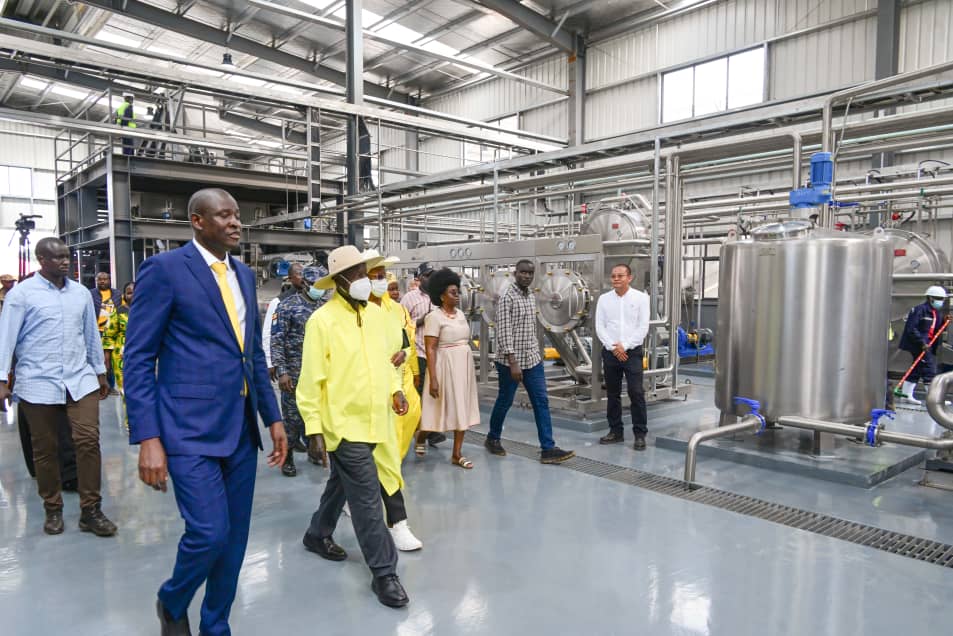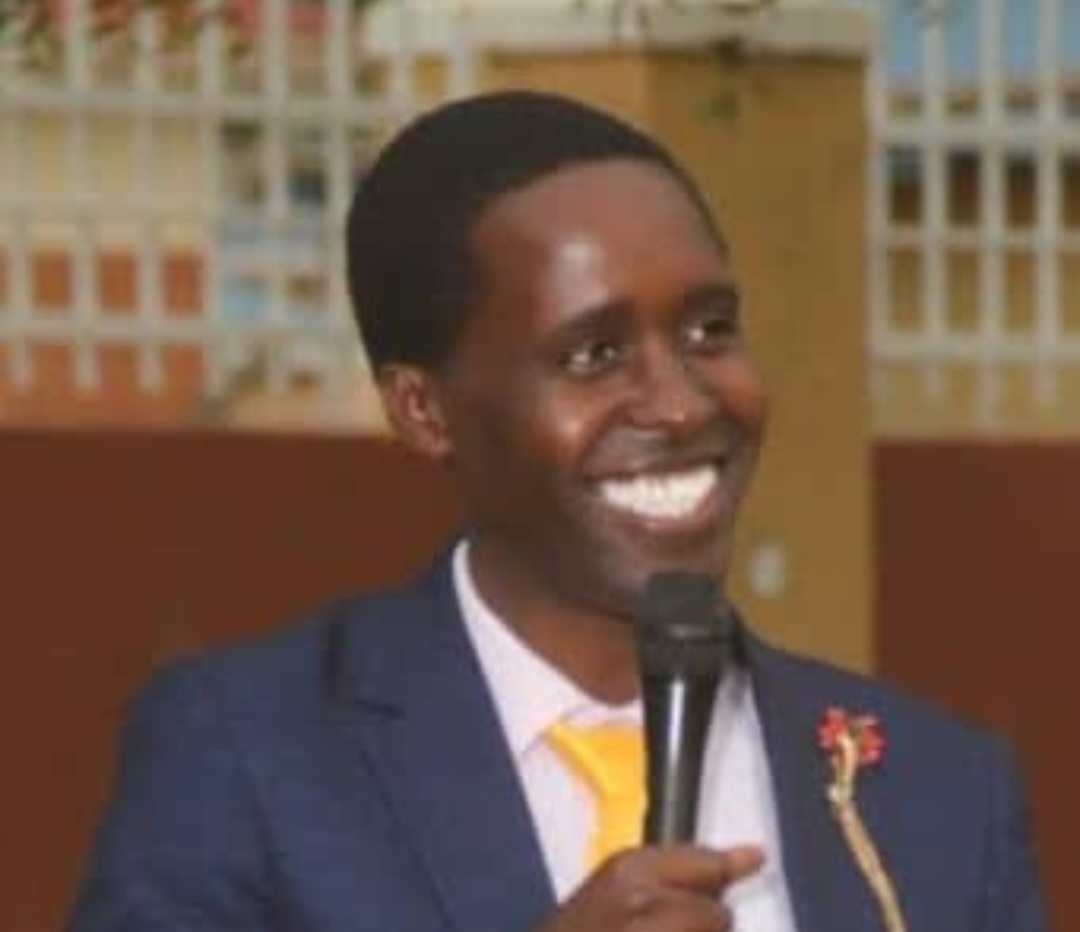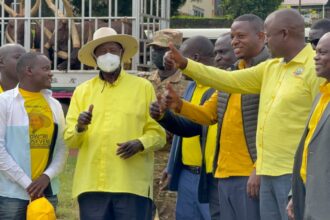The Regional Director, Human Development for East Asia and the Pacific Region at the World Bank, Mr Daniel Dulitziky, has hailed Government of Uganda for revising the age of Social Assistance Grants for Empowerment (SAGE) beneficiaries from 80 to 65.
“This is a big step,” he said. This was during a high-level meeting at the Ministry of Gender, Labour and Social Development (MGLSD) this afternoon, where he had lead a delegation from the World Bank.
Mr Dulitziky praised MGLSD for the role they continue to play towards social protection, and called for the development of a social registry as a mechanism to identify the most vulnerable and least affluent elderly and target those.
“Whenever people talk of Uganda, they recognize it as a country for a youthful population, but the elderly are [also] many because they account for approximately 2.5 million people, which is not a small number,” he added. Uganda has the second youngest population globally, with 73.5% of the people aged 30 and below, whereas 5% are aged 60 years and above.
While delivering remarks on behalf of Minister of Gender, Labour and Social Development, Hon Betty Amongi, Hon. Dominic Gidudu Mafwabi, Minister of State for the Elderly, thanked the World Bank for their continued support to Uganda’s various development, social protection and skilling programmes.
He told the delegation that Uganda’s informal sector is big because there are no jobs. “Everyone is trying to survive. That’s why the Ministry comes in to identify these people and organise them into a productive force,” he said.
Hon Gidudu added that Government of Uganda is committed to improving productivity, creating employment for young people, and building a social protection system for sustainable livelihoods. This, he said, is demonstrated through implementing programmes such as SAGE, Generating Growth Opportunities and Productivity for Women Enterprises (GROW), Youth Livelihood Programme (YLP), Supporting Jua-Kali (Informal Sector) Enterprises to Transition into the Formal Economy (SENTE), and National Apprenticeships and Graduate Volunteer (NAGV), among others.
He requested the World Bank and other development partners to support priority areas such as strengthening evidence generation, expanding entrepreneurship support and employment creation programmes especially for youth, and expanding coverage of social protection across the life cycle including building transformative social protection delivery systems such as the Social Registry, Payment Systems, and Management Information Systems (MIS), among others.
“Let’s discuss and see what we can emphasize, and what the World Bank can advise”, he said.
“Social protection is important. Aging is irreversible, and the aged depend on the young. That’s why we plan. We are so happy that the government has reduced the eligibility of SAGE [beneficiaries] from 80 to 65 [years], and increased the fund from Shs 25,000 to 35,000.”
Representing the Permanent Secretary, Mr David Aggrey Kibenge, was Mr Alex Asiimwe, Commissioner Labour, Industrial Relations and Productivity.
He told the delegation that to address unemployment, the government is focusing on strengthening evidence generation through undertaking job and productivity diagnostics, public expenditure reviews, modelling and impact evaluations; expanding entrepreneurship support and employment creation programmes especially for the youth; and improving productivity and competitiveness for the youth workforce and better labour market transitions, among other interventions.
“It is good that the World Bank is leading on skills and evidence production,” he said. He recognized the burden on school dropouts and called for skilling so that such youth can enter the labour market.
Mr Asiimwe appealed for a collective responsibility with government agencies and development partners to spur skilling and enhance productivity.
In agreement with Mr Asiimwe was Mr Pedro Cerdan, Lead Economist, Education and Skills at the World Bank. He said that when someone drops out of school, all they need is skilling so they can be brought into the job system.
“We need to get results very quickly and promote government agenda on skills and jobs. We are looking at the entire value chain,” he said, adding that empowerment programmes require value addition to be able to complete the value chain.
In his closing remarks, Hon Gidudu lauded the delegation for sparing time to interact with the Ministry as they follow up on various programmes.
“We have realized the need to work together as Uganda and the World Bank. We have the skills and you have the funds. We are available as the skilled market for the funds from you,” Hon Gidudu said.
Do you have a story in your community or an opinion to share with us: Email us at Submit an Article







